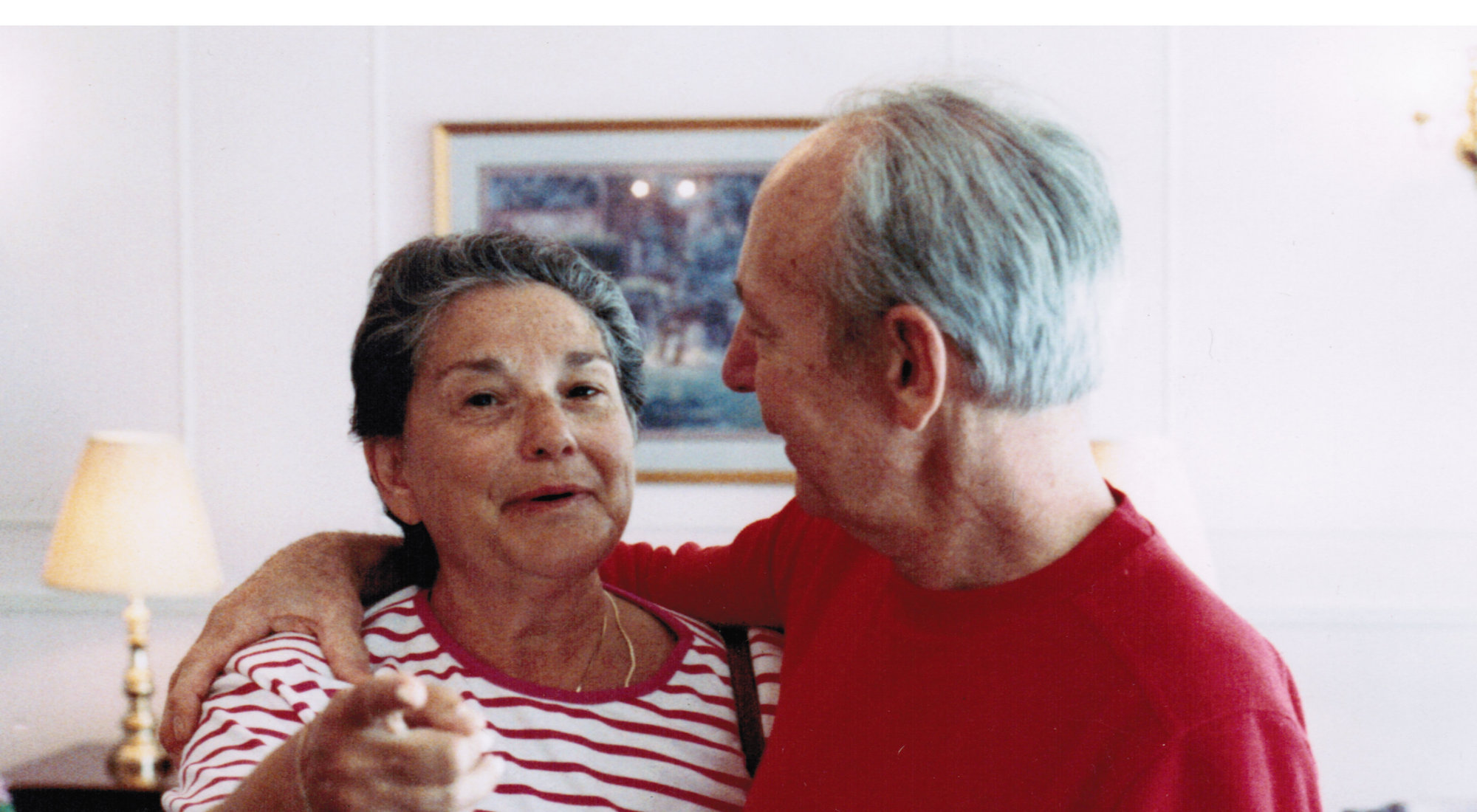When you read our book The Montessori Alzheimer’s Project,you’ll find references throughout it to what we refer to in our full Training Course as “The 3 S’s”. One of the three S’s is “Simplify”. (We’ll discuss the other two in future posts.)
To gain some understanding of the importance of Simplification to someone who has some form of dementia, I want to begin by asking you some questions:
Have you ever entered a gift store, or walked along an aisle in a supermarket, and not been sure where to start? So many products and choices!
· Have you been unable to find what you’re looking for amongst the masses of objects/products that are packed together in the shelves?
· Have you been unable to make a choice because there were so many choices in front of you?
Dr. Montessori recommended that Montessori prepared environments be prepared in a way that creates an orderly, attractive, Simple and navigable space. When this is done, the difficulties described above tend to melt away. It is easy to find a starting point. It’s not at all hard to locate what you’re looking for. Making a choice is a simple matter, rather than an obstacle, because the choices have been purposely limited.
With regard to educational materials, here again Simplification was the order of Montessori’s day. She developed materials that lend themselves to multiple uses, rather than a different item for every individual concept.
Having materials present in an attractive environment set up so that one can easily find whichever of those flexible tools is needed for a particular purpose keeps things Simple. There is no sea of distractions through which one has to wade. No multitude of choices through which one must try to navigate.
The Montessori Alzheimer’s Projecthas adapted this approach of Simplification to the needs of someone who has dementia. It is an important principle in Montessori classrooms, but is even more critical in the prepared environment where a person with dementia is to live and in which they can participate as his/her faculties gradually erode.
Try it and see how small changes in the environment can have a huge positive impact! Our book gives some examples of how you might simplify your home environment, your communications, and engagements with friends/family. You can build on these examples according to what your loved one needs now and as things progress.
This one principle alone will make your life, and the life of your loved one with dementia, smoother and gentler. With that, there is more opportunity for love and joy to be keynotes in your day.
Best wishes from Greg
